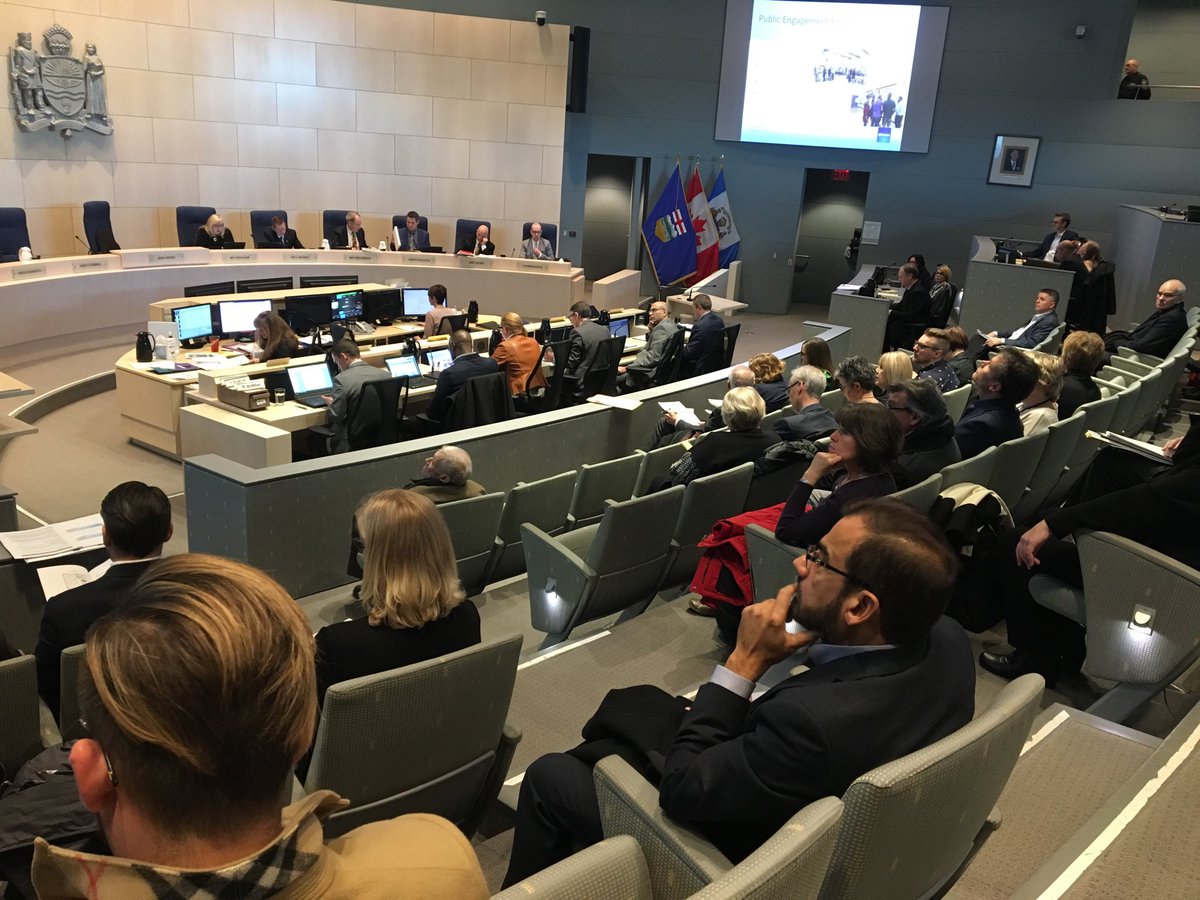Your ability to absorb a property tax increase has taken a significant hit these last two months, according to the chief economist for the City of Edmonton. And John Rose doesn’t see things improving any time soon.

It’s a disturbing mix of your paycheque not getting any larger and inflation eating away at what you do earn.
“I get a special report from Stats Can on average weekly wages and basically they have now flatlined for the last two months,” Rose told Global News. “This month it was 0.6 per cent on a year-over-year basis, and that’s very low.”
So when the most recent inflation numbers clocked in at 3.3 per cent, it prompted Rose to give a special warning to city brass.
“I briefed the city manager and the CFO (chief financial officer) and just said, ‘We have to be very cautious because things could go sour with that combination of flat average weekly wages and rising interest rates.'”
To put Edmonton’s troubling situation in perspective, the year-over-year average hourly wage growth on a national basis continued what is a steady decline in October to 2.19 per cent, but that is still more than three times better than Edmonton. The Canada-wide number is at its weakest reading since September 2017.
“The average wage earner’s spending power is actually going down, not up, in spite of the fact that we’ve seen employment gains,” Rose said.
“That, combined with rising interest rates, suggests that the consumer side of Edmonton’s economy may not be as robust as it has been over the last little while.”
Message received, said Edmonton’s chief financial officer Todd Burge.
“There’s a number of hurdles and risks that sit out there that council has to weigh out against their optimism and how they want to build this city,” he said.
“I’m worried about household debt. I’m worried about individuals’ ability to buy into the market with mortgage rule changes and interest rate increases,” he told reporters at the release of the city’s operating budget.
Rose said his concern is how the situation can catch people unaware very quickly.
“There are a lot of people out there who are carrying significant debt, even though that debt is counterbalanced by an asset like a house or a car, these people could get into trouble very quickly.”
“You’re in a situation where, with inflation running at 3.3 per cent, you’re going to have to start making decisions about whether you put gasoline in your car or you pay your mortgage, because you’re going to be strapped if this situation continues.”
City council is looking for ways to cut the burden on taxpayers, especially business, and get the property tax increase below three per cent.
They’ll hear submissions on cost-saving ideas and spending requests at a public hearing on Nov. 15.
Actual debate on the four-year operating and capital budgets will begin at the end of the month and run through December.






Comments